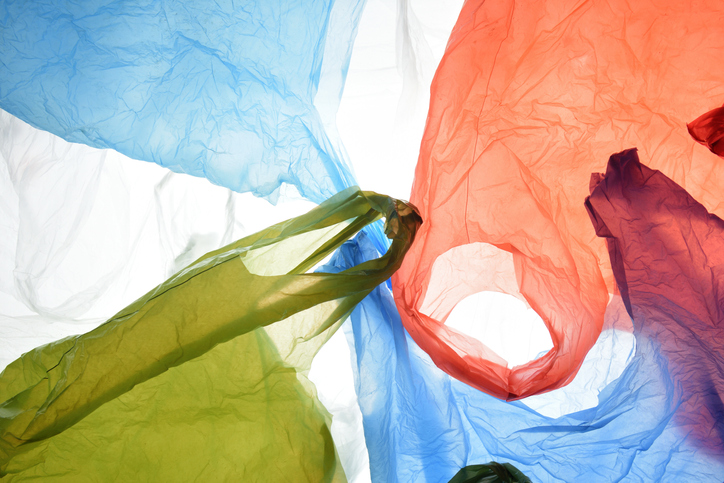Starting March 1, the plastic bag ban will go into effect in New York State. Now when shoppers go out to the stores, they will be encouraged to bring their own reusable bags, or pay for a paper bag.
Paper carryout bags will be available at stores for 5 cents a bag — shoppers that bring a reusable bag will not be charged. New York counties can opt to not impose the fee.
The fee will not apply to any customers using SNAP or WIC.
Reusable bags are available for sale at participating stores. You can also go to nyc.gov/bags to take the Zero Waste Pledge and the city will send you a reusable bag.
The ban was put into place to reduce the amount of litter throughout the state, on land and in the water.
“The New York State Department of Environmental Conservation (DEC) will continue to focus its outreach and education efforts to ensure a smooth transition for consumers and affected retailers, with enforcement to follow in the months ahead. DEC encourages consumers to bring their own reusable bags whenever and wherever they shop.” said the DEC in a statement.
All retailers and entities that collect sales taxes are expected to comply with the law.
According to the DEC, stores can still offer plastic bags in limited situations, including wrapping uncooked meat, fish, seafood, poultry, or other made-to-order foods, packaging bulk items like small hardware items, fruits, vegetables, grains, candy, live fish or live insects, or a pharmacy can provide a bag to carry prescription drugs.
Plastic bags can also be used for newspaper deliveries, food deliveries, or as a garment bag for dry cleaning. They can also be sold as trash bags, food storage bags, or if they were specifically prepackaged for bulk sale.
A film plastic bag can also be used in situations for which there is no reasonable or practical alternative for storing, containing or transporting items, as determined by the DEC.
When the law goes into effect, retailers that stay in violation of the law will receive a warning, followed by subsequent fines for continuing violations.
For more information about the ban, visit dec.ny.gov.


































